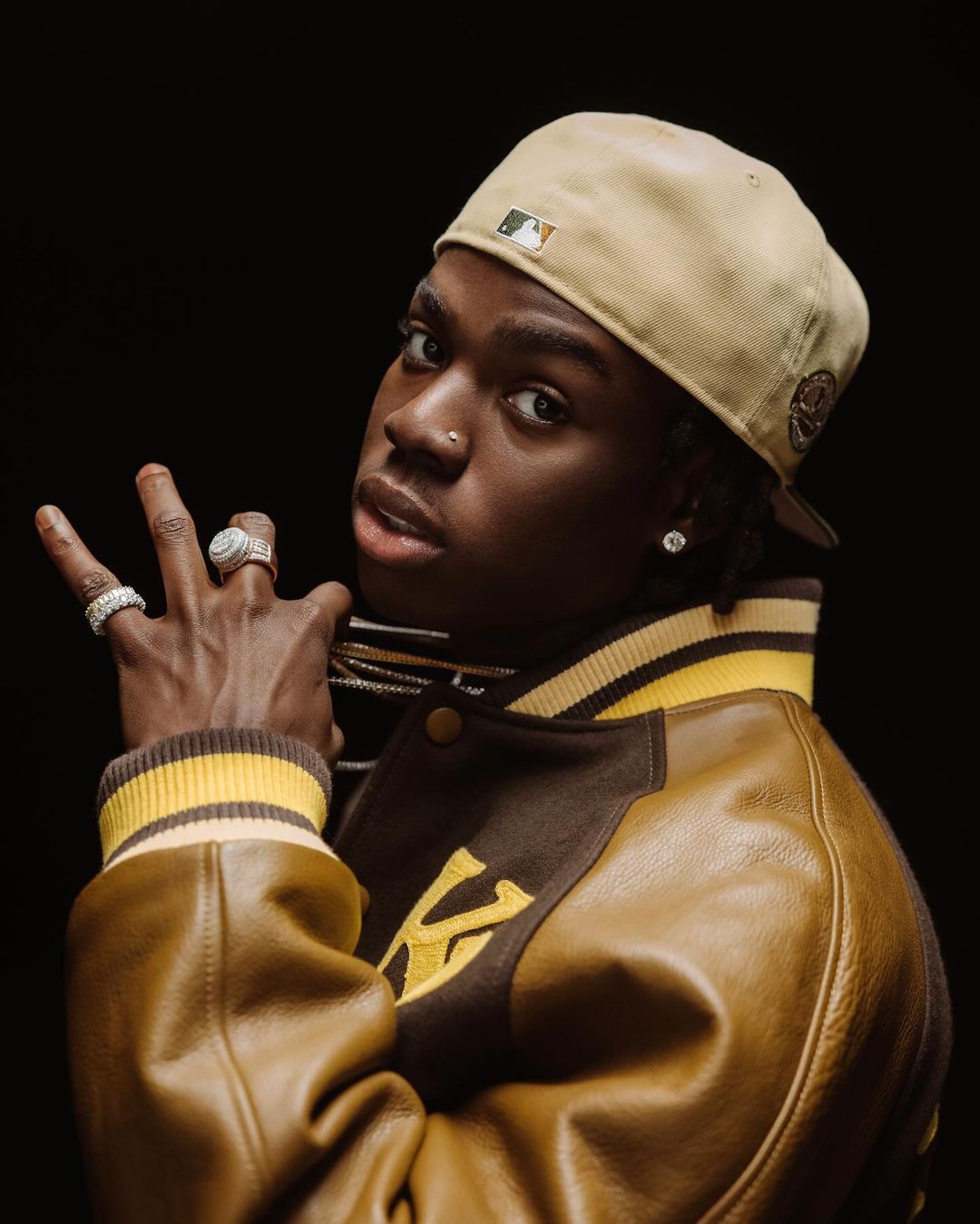Features
Afrobeats Is More Than Just Music — It’s An Identity
Will African artists continue to carry Afrobeats on their backs and push it to new heights, or will they abandon it, only to realise later that they’ve left behind the very thing that made them special?

Afrobeats has grown into a globally recognised genre, carried on the backs of African artists who united under a single banner to push its narrative. Today, its influence spans continents, penetrating even unlikely markets like India, dominating global charts, and earning African artists accolades, including the Grammys. The genre became so prominent that the Grammys created a category specifically for African music; it has grown so big that its impact is undeniable.
However, as much as the world is turning towards us for attention, a curious shift has emerged. Many African artists now reject the genre they once championed. The reason? They believe it boxes them. Afrobeats, they argue, is perceived as a catch-all label for African music, no matter how distinct or varied the sound. At the MTV Video Music Awards this year, South African artist Tyla expressed her concern, noting there is a tendency to group all African artists under Afrobeats. “African music is so diverse; it’s more than just Afrobeats,” she said.
This sentiment is shared by some of the biggest names in the industry. Burna Boy, in an interview with Zane Lowe, ahead of his I Told Them album, described Afrobeats as “literally about nothing.” Wizkid, too, during the lead-up to his Morayo album, explicitly asked not to be called an Afrobeats artist via his Instagram stories. While these statements often seem strategically timed to shape the reception of their albums, they reveal a broader dissatisfaction among African artists who feel boxed in by the genre’s label.
But before African artists can deny Afrobeats, they need to understand they are alienating themselves from their identities and their roots. Genres like R&B and hip-hop, which are now globally dominant, became what they are because their pioneers embraced them wholeheartedly. Yes, Afrobeats, despite the global appeal, still belongs to the minority in terms of world genre classification but the pioneers of other genres didn’t shy away from their minority status but instead celebrated their identity, which eventually transformed into global acceptance. Moreover, denying Afrobeats just to be considered for other genres can be considered pseudo-begging.
If Afrobeats is what African artists are recognised for now, that’s not a problem. Every global movement starts small. What matters is consistency and pride in the genre. Over time, with proper systems and institutions, Afrobeats will become so big that no one will have a choice but to recognise its diversity and evolution. This will naturally lead to broader categorisation at award shows and beyond. For now, it needs to be firm at home and the African identity must continue to shine through.
Therefore Afrobeats must first have a firm seat at home. For instance, while Nigerian artists are breaking global boundaries, they often prioritise international audiences over local fans. As I wrote here, once Nigerian or African artists attain global fame, their focus shifts outward. Touring schedules cater to Europe and the United States, while performances in Nigeria are either nonexistent or priced out of reach for the average fan. No genre can sustain global relevance without a strong local base.
African music is undeniably diverse, and lumping all artists under one umbrella ignores the rich sounds that exist across the continent, but rejecting Afrobeats altogether because it doesn’t yet accommodate every nuance feels premature. Instead of discarding the genre, artists should work to expand its definition, ensuring that its evolution reflects the depth and diversity of African music. Afrobeats is more than a sound; it’s an identity. Its fusion of traditional African rhythms with Western influences like hip-hop, R&B, and dancehall showcases the adaptability of African culture. To dismiss it is to deny a shared heritage that has connected Africa to the world.
In time, the minority can become the majority. What, I believe, we need now is pride and persistence. Afrobeats has already shown its potential to elevate African music on a global stage. Rather than discarding it in pursuit of broader recognition, artists should embrace it as a foundation upon which they can build even greater legacies. The world is watching, and the journey is far from over. More artists will come. The question is, will African artists continue to carry Afrobeats on their backs and push it to new heights, or will they abandon it, only to realise later that they’ve left behind the very thing that made them special?




















